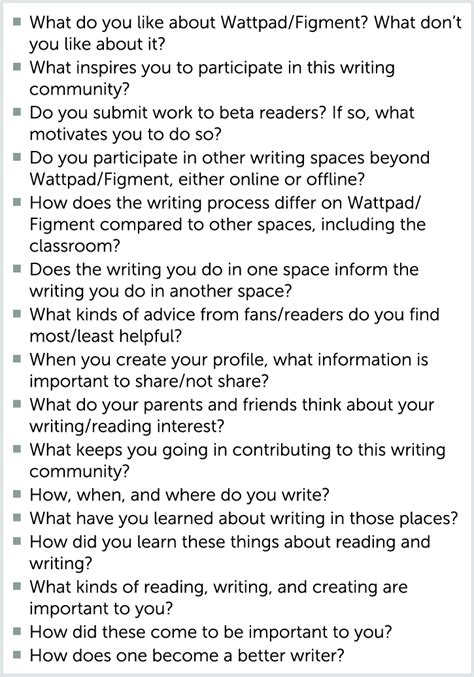Best Responses To Open-Ended Job Interview Questions

Job interviews are nerve-wracking experiences for most people. It can be especially challenging when you are not sure what to expect or how to answer open-ended questions. In this post, we will cover the best responses to open-ended job interview questions to help you prepare for your next interview.
1. Tell me about yourself
This is usually the first question that interviewers ask. Start by giving a brief background about yourself, including your education and work experience. Then, highlight your skills and achievements that make you suitable for the job. Finally, mention your interests and hobbies to add a personal touch to your response.
2. What are your strengths?
Focus on skills that are relevant to the job. For example, if you are applying for a customer service role, mention your communication and problem-solving skills. Back up your strengths with examples from your previous work experience.
3. What are your weaknesses?
Choose a weakness that is not critical to the job. For example, if you are applying for a job that does not require public speaking, you could mention that public speaking makes you nervous. Show that you are aware of your weakness and explain how you are working on improving it.
4. Why do you want this job?
Show that you have done your research on the company and the job role. Mention specific aspects of the job or company that appeal to you. Explain how your skills and experience align with the requirements of the job.
5. What are your long-term career goals?
Be honest about your career aspirations. Show that you are motivated and have a clear idea of where you want to be in the future. Relate your goals to the job role and explain how it fits into your overall career plan.
6. What experience do you have in this field?
Highlight your relevant work experience and skills. If you do not have much experience in the field, mention transferable skills from other jobs or education. Show that you are willing to learn and have a passion for the field.
7. What sets you apart from other candidates?
Mention your unique skills and experience that make you stand out. Back up your claims with examples from your previous work experience. Show that you are a good cultural fit for the company.
8. How do you handle difficult situations?
Show that you are a problem-solver. Mention a difficult situation you faced in the past and how you resolved it. Show that you can handle pressure and remain calm under stressful situations.
9. What motivates you?
Be honest about what motivates you. It could be a challenging project, a sense of accomplishment, or a desire to learn. Relate your motivation to the job role and show that you are a good fit for the company culture.
10. Do you have any questions for us?
Always have questions prepared for the interviewer. Ask about the company culture, the job responsibilities, or the team you will be working with. Show that you are interested in the job and the company.
Conclusion
Preparing for open-ended job interview questions can be challenging, but with the right approach, you can ace your next interview. Use these tips to guide your responses and show the interviewer why you are the best candidate for the job.
FAQs
What are open-ended job interview questions?
Open-ended job interview questions are questions that require more than a yes or no answer. They allow the interviewer to get to know the candidate better and assess their skills, experience, and fit for the job.
How can I prepare for open-ended job interview questions?
Research the company and the job role. Think about your skills, experience, and achievements that make you a good fit for the job. Prepare specific examples to back up your claims.
What should I avoid in my responses?
Avoid giving vague or irrelevant responses. Be honest and concise in your answers. Avoid negative comments about your previous employers or colleagues.
How can I make a good impression during the interview?
Dress professionally, arrive on time, and be polite. Show enthusiasm for the job and the company. Listen carefully to the interviewer’s questions and answer them thoughtfully.
What should I do after the interview?
Send a thank-you email or note to the interviewer. Follow up on the status of your application after a few days. Keep applying for other jobs while waiting for a response.
